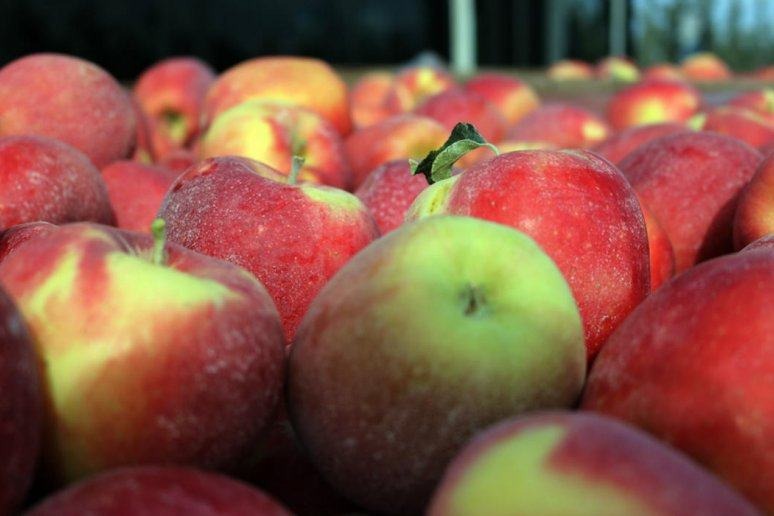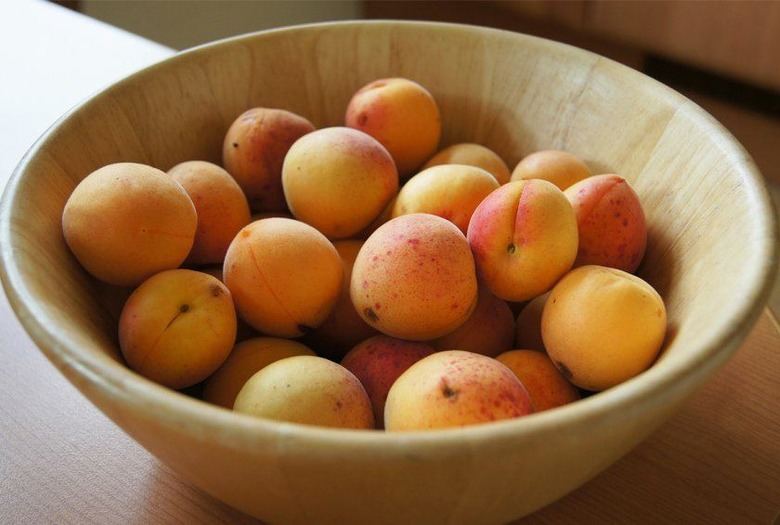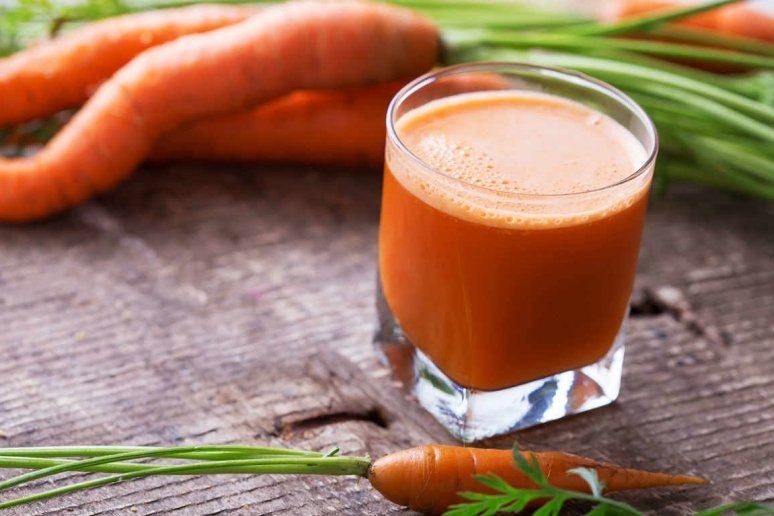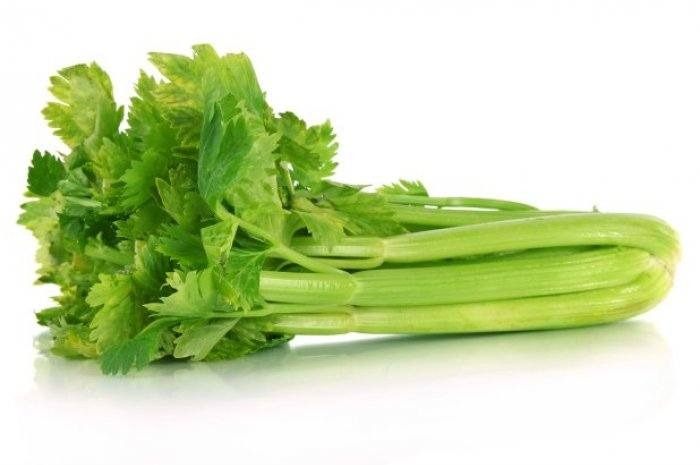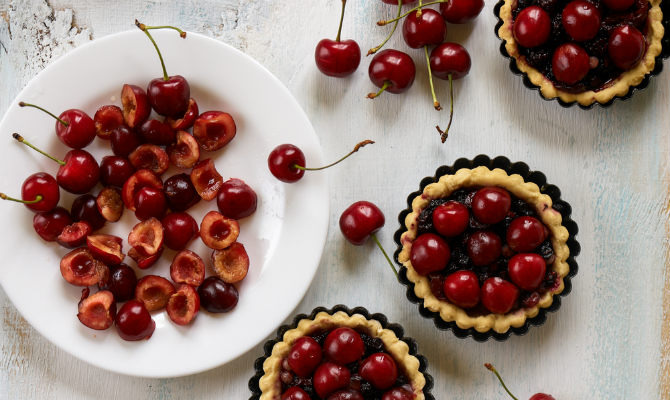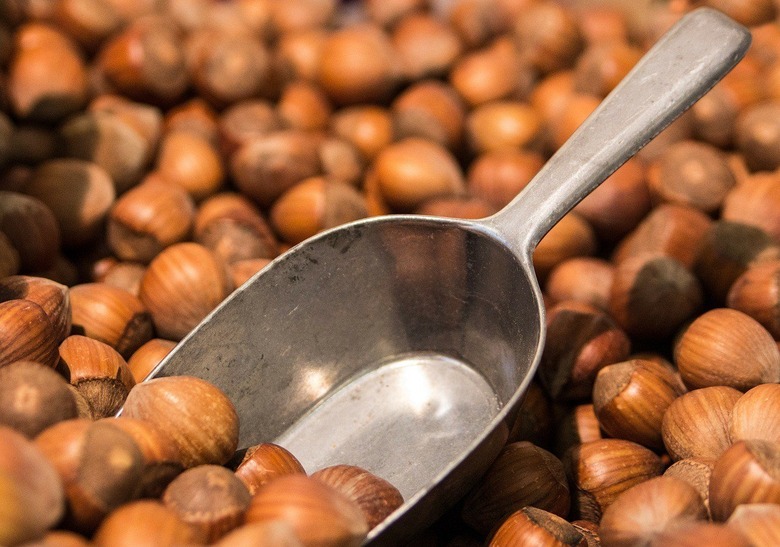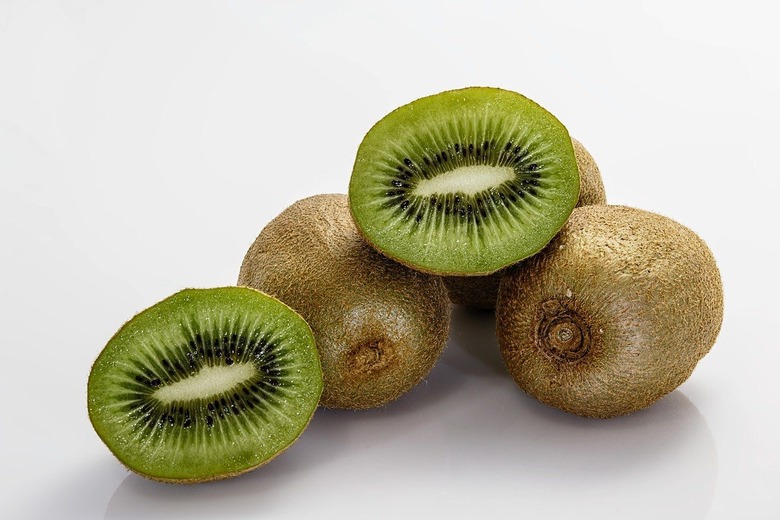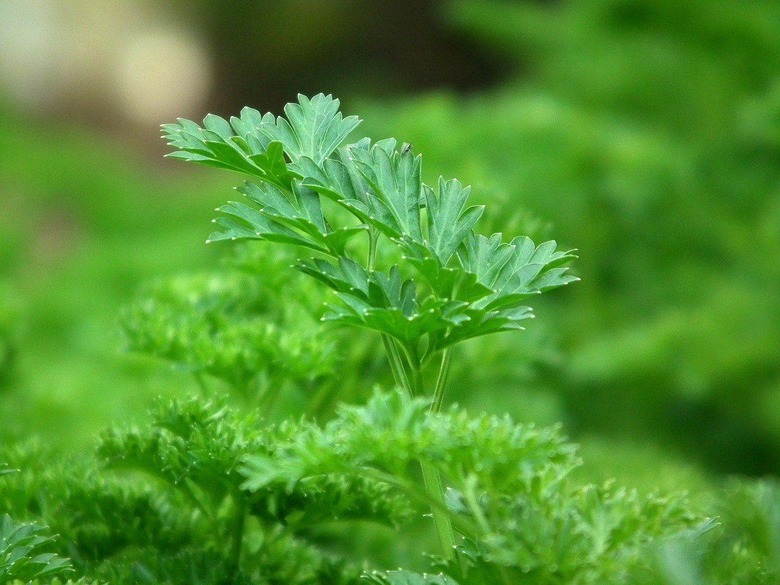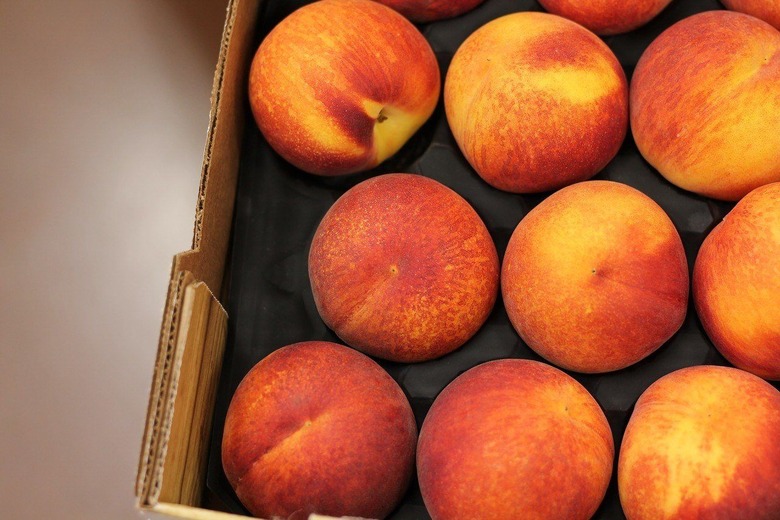These 10 Foods Can Make Spring Allergies Worse Slideshow
An apple a day is supposed to keep the doctor away, but this fruit can wreak havoc on the mouths of people who are allergic to birch tree pollen. This effect only occurs with the consumption of raw apples, so feel free to dig right into that apple pie.
Apricots
They might be a spring superfood, but raw apricots are also an irritant to people allergic to birch tree pollen. Avoid any symptoms by cooking the apricots down into a jam or compote.
Carrots
It's hard to come to terms with the fact that even beloved health foods like carrots can exacerbate discomfort for those suffering from spring allergies. When consumed raw, carrots can trigger some mild symptoms such as a runny nose or itchy throat, but this can be avoided by blending them into a carrot-ginger soup.
Celery
You can eat as much celery as you want without gaining weight, but the low-calorie vegetable may trigger an auto-immune response in people with sensitivity to birch pollen.
Cherries
Cherry season starts around late April — right in the heart of springtime — but unfortunately, these iconic stone fruits can cause a lot of discomfort for people suffering from spring allergies. Cherries irritate the mouth and gums, and can even lead to swelling of the tongue.
Hazelnuts
Hazelnuts (and even hazelnut flavoring) can exacerbate birch pollen allergy symptoms, but any sort of reaction to nuts shouldn't be taken lightly. If you feel any sort of itching, tingling, or swelling in the mouth after consuming nuts, you should see an allergist or immunologist.
Kiwis
Kiwi is an assuming little fruit, but it can cause some serious irritation to your throat and sinuses. Skip eating kiwis during the springtime to avoid any sort of adverse allergic reaction.
Parsley
Those flakes of green garnishing your spaghetti or chicken Marsala are harmless — unless you have spring and fall allergies. Oral allergy symptoms can be inflamed by consuming too much raw parsley, so save this garnish for the summer time.
Peaches
Some of the proteins in stone fruits, particularly peaches, can cause a cross reaction with allergy-causing pollen. Birch tree pollen and summertime flora like timothy and orchard grass can negatively react with peaches, leading to tingling lips and an itchy mouth.
Red Wine
Red wine has its health benefits, but it also contains sulfites, which can trigger allergies. One study found that women who had 14 drinks per week were almost twice as likely to have a consistently stuffy nose compared to women who drank less.
